The sun has set on one of Nigeria’s most towering political figures. Muhammadu Buhari, former military ruler and two-term civilian president, has passed on. His death marks the end of a long and storied journey; one that began in the dry plains of Daura, Katsina State, and ended in the heart of Nigeria’s political and historical consciousness.
Late President Buhari was more than a politician. He was a phenomenon admired by millions, loathed by many, but ultimately impossible to ignore.
The Humble Boy from Daura
Muhammadu Buhari (born on December 17, 1942) was the 23rd child of his father, Mallam Hardo Adamu, a Fulani chief, and Zulaihat, his devout Muslim mother. Young Muhammad was raised in Daura. He was molded by a culture of discipline, modesty, and Islamic piety. He enrolled in the Katsina Provincial Secondary School, and by the time he joined the Nigerian Military Training College in 1962, he was already marked for greatness.
The Soldier Who Marched Into History
As a young military officer, Buhari trained in the UK, India, and the United States. His rise through the ranks was swift and steady. He became known as a principled and focused soldier. At just 31, he was appointed Military Governor of the North-Eastern State in 1975.
But history had greater plans for him.
On December 31, 1983, Muhammadu Buhari led a coup that ousted the civilian government of President Shehu Shagari. He was installed as Head of State, promising to end corruption and restore discipline. His regime introduced the infamous War Against Indiscipline (WAI) a campaign that enforced order with military precision but also drew widespread criticism for human rights abuses.
In 1985, Buhari’s rule was cut short when General Ibrahim Babangida led a counter-coup that overthrew him. The former head of state was imprisoned for years; his fall from power only added to the mystique that would later fuel his political comeback.
The Reluctant Politician and Democratic Convert
After years of silence, Buhari returned to the national scene in 2003, contesting in presidential elections under the All Nigeria Peoples Party (ANPP). He lost three consecutive times in 2003, 2007, and 2011 but each defeat made his support base stronger. He was especially revered in the North, where he was seen as a voice for the poor and forgotten.
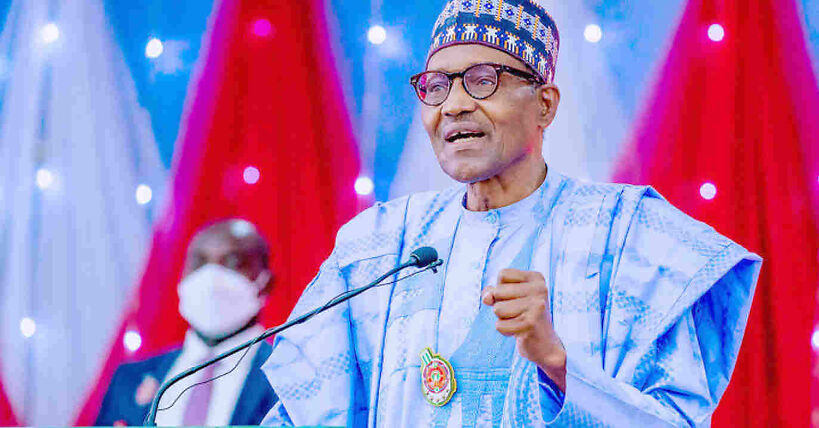
In 2015, after forming the All Progressives Congress (APC) and forging alliances across the country, Buhari made history by defeating the incumbent, President Goodluck Jonathan. It was the first time in Nigeria’s history that power changed hands peacefully through the ballot box.
The President: Promises, Power, and Paradoxes
Buhari’s presidency, from 2015 to 2023, was defined by ambition and contradictions. He vowed to fight corruption, defeat insurgency, and revive the economy. His government initiated massive infrastructure projects, such as the Second Niger Bridge, Lagos-Ibadan Railway, and expanded social investment programs like N-Power.
But his reign was also marred by economic downturns, worsening insecurity, and accusations of ethnic favoritism. Under his watch, Nigeria suffered two recessions, faced rising inflation, mass unemployment, and endured painful policy decisions such as fuel subsidy removals and border closures.
The EndSARS protests of 2020 marked a flashpoint where Nigerian youths rose in unified anger against police brutality. Buhari’s response was seen as dismissive, and the tragic Lekki Toll Gate shootings became a permanent stain on his leadership.
Yet, through it all, he remained largely stoic, silent in the face of criticism, and unwavering in his convictions.
His Final Days and the Quiet Exit
After handing over power to President Bola Ahmed Tinubu in May 2023, Muhammadu Buhari retreated to his Daura home. He often said he looked forward to a peaceful retirement, tending to his cows and remaining far from Abuja’s chaos.
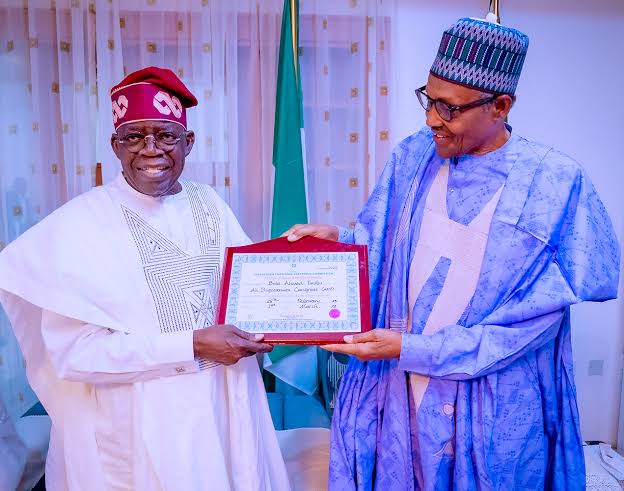
Buhari granted only a few interviews in retirement. When asked about his legacy, he once replied, “Let history be the judge.”
On the evening of July 13, 2025, news broke that Muhammadu Buhari had passed away. He was 82. Sources close to the family confirmed that he died peacefully at the Clinic in London, surrounded by loved ones and members of his household.
“The family of the former president has announced the passing of Muhammadu Buhari, GCFR, this afternoon in a clinic in London. May Allah accept him in Aljannatul Firdaus, Amin,” Mr Shehu wrote in a message posted on X (formerly Twitter).
Nigeria reacted with a mix of mourning and reflection. In major cities like Ilorin, flags were flown at half-mast. Political figures across party lines paid tribute. Even critics acknowledged that Buhari, though controversial, had profoundly shaped Nigeria’s modern political trajectory.
The Man, the Myth, the Memory
Muhammadu Buhari’s life was a mosaic of contrasts: military dictator and democratic president, reformist and authoritarian, nationalist and regionalist. He was a symbol of hope for the masses, even as others saw him as a figure of regression.
Few Nigerian leaders have experienced as many rises and falls as Buhari. Fewer still have come back from each with renewed vigor and undeterred ambition.
Now, as he returns to the earth from which he came, Nigeria is left to reckon with his story; a life that mirrored the complexities of the nation he served.
From Daura to Dodan Barracks, from detention cells to Democracy Day, Buhari’s name will forever echo through Nigeria’s corridors of power.
Rest in Power, General Muhammadu Buhari.
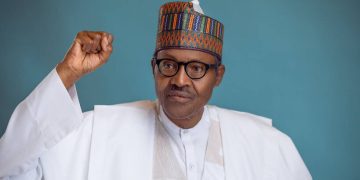














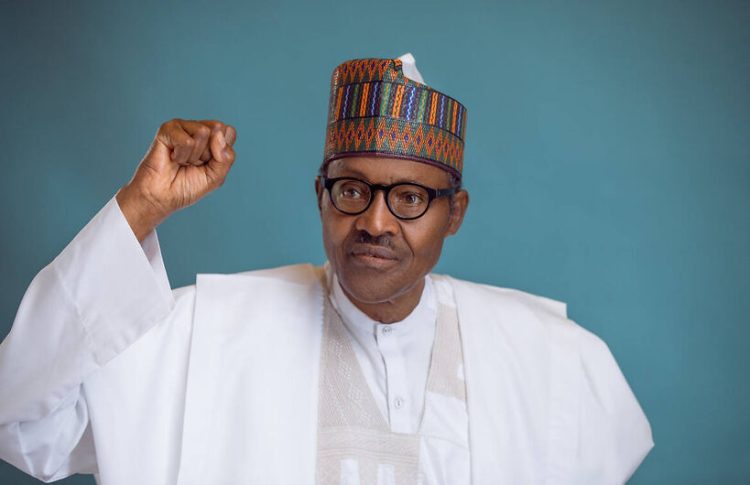



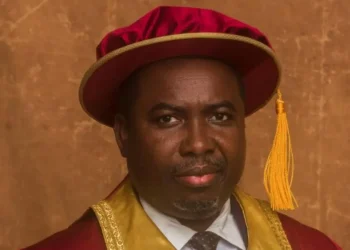

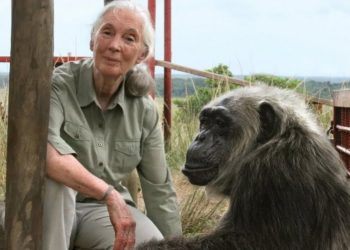

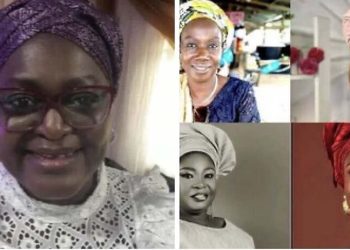



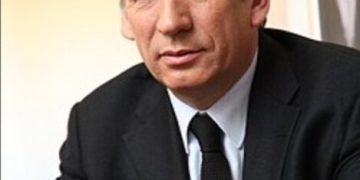





Comments 2